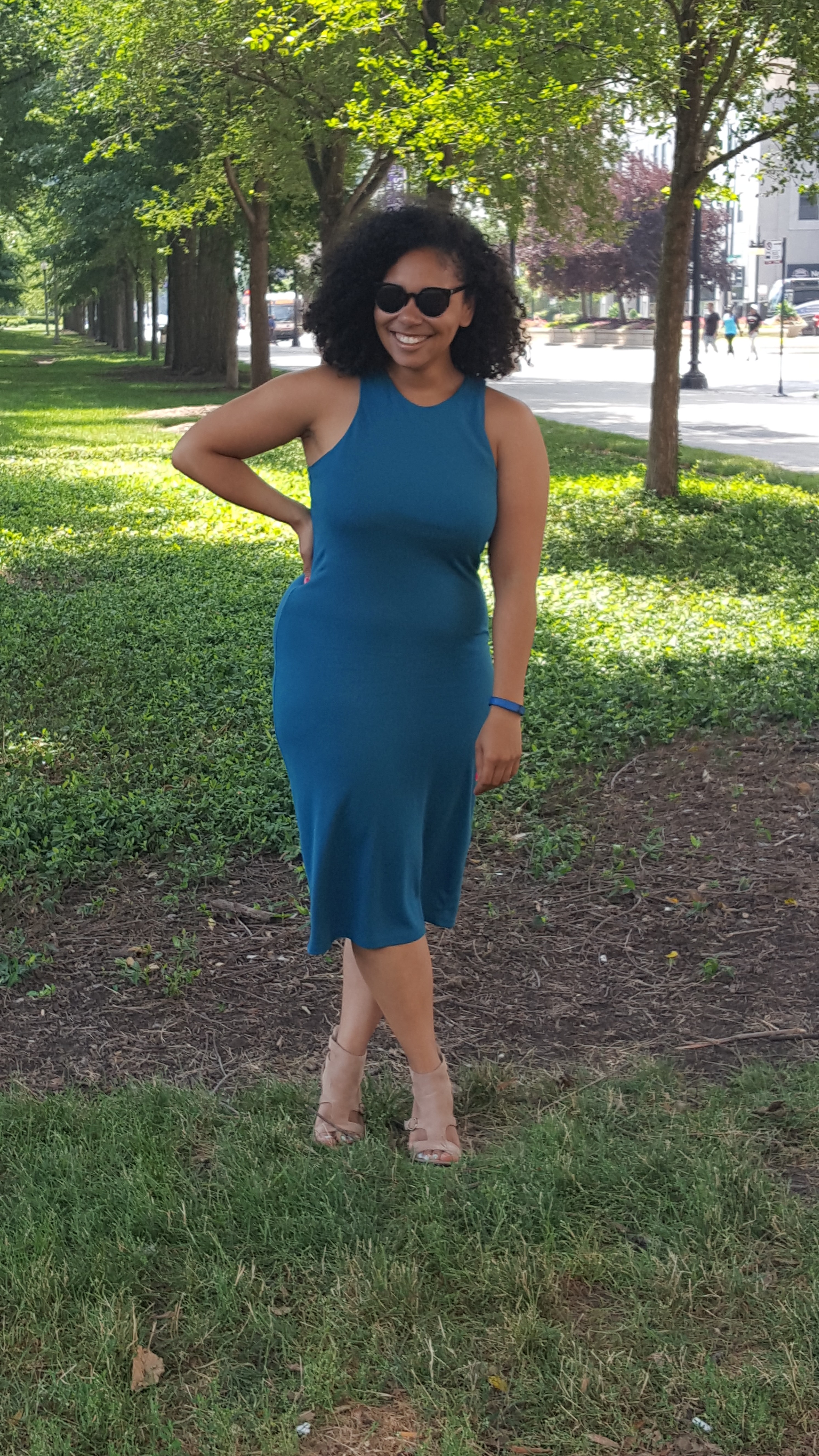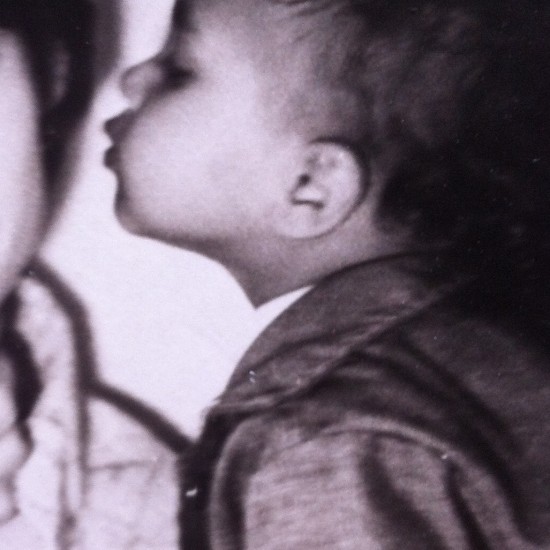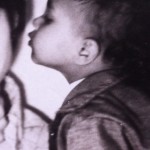Throughout the course of my life, interactions with men have taught me three things as a mixed woman: one, I will be hit on with the original technique of men attempting to guess what my ethnic background is, with them more often than not guessing incorrectly, and while I have become used to the initial conversation that starts with commentary on my hair or appearance, men especially derive pleasure from asserting their predisposed racial inclinations onto my bi-racial self; two, depending on which region I am within the United States, men will guess my ethnic background based on their own fanatical notion that because I am mixed I am also exotic- the two don’t necessarily coincide for every mixed person, yet Men will make an otherworldly association based on magazines, media, and a misconception of what being multiracial is; three, if it’s possible to overcome, or even avoid, the first two lessons, stereotypical beliefs then hit me in the face- it’s believed because I am mixed, my children will be beautiful with the rationalizations that because my skin tone and hair color/texture (for some even eye color) do not fit within their established racial frameworks, equates to a genetically fruitful family appearance they can fictionally place in a frame.
Hailing from the melting pot of Killeen, Texas. I spent the majority of my life surrounded by people who look like me. When I say like “me” I mean racially ambiguous people who are multiracial and perhaps not easily identifiable culturally to a stranger. People of blends so rich and beautiful that responding to being mixed or multiracial is more of a norm than an anomaly. Being mixed in this environment never made me feel like an outcast or a trophy in a case because there were plenty of women, and men, just like me. Having blended families and heritage was never associated with the primordial beauty described above in my hometown-something other regions of the United States I have lived at or been in seem to fetishize. It’s not uncommon for soldiers to come back from deployments with wives that further builds the community of interracial families in our city. Maybe it was due to the large population of military families and the deepness of military culture/life, but I can say that Men where I grew up never found being mixed a groundbreaking concept; nor did they find sport in creating conversation based around my culture.
I spent six years in the lovely city of San Antonio, Texas and currently reside in Chicago, Illinois where more than ever my mixed heritage feels like an invitation to an auction and the highest bidder walks away with a prize-me. Unfortunately, there’s a specific set of dialogue and rhetoric I have become accustomed to having with men who feel that because I am mixed, they have the authority to commentate on my hair, body type, or vernacular. I’ve become so conditioned to having conversations about phenotypic aspects of myself- that some men find, due to what they perceive as easily identifiable traits like my hair which is always a dead ringer, … I sometimes think when I see a stranger there must be some cartoon quote above my head that says “What is she? Take a guess!” Here in Chicago, I have had the labels of Cuban, Puerto Rican, Dominican, and Portuguese thrust upon me because of my skin tone, only to find disappointment in the respondent when I inform him or her that I am half Mexican. In that moment, I can see the spark of curiosity fade because I am not the vision of an “exotic beauty-” he or she wanted me to be. To be honest, I’m always eager to break that bubble because explaining what I am is easier than engaging a discussion on what I’m not.
After the bubble of eroticism is gone, I typically get the famous rebuttal of, “I don’t know; you just look it.” To this day I have never been given an educated answer for an assumption of my racial heritage that can be traced back to any culture, such as my language, accent or even a phenotypic feature other than of my body type (of which many women in many races can relate). I hate to break it to men that I’m not the exotic fantasy they envisioned and don’t come from Latin America or Europe, but in the same instance I won’t apologize for their misconceptions of who I am based on being multiracial. There seems to be a strong correlation between the exotification of mixed race women with men; As demonstrated in this paper, I have had this notion engaged through dialogue, body gestures, and sexualization of my mixed self in order to serve the carnal desires of the man. Of the three lessons I have learned throughout the years, the most disturbing one to me is being complimented on my potential to make beautiful children, as if being mixed gives me genetic superpowers. At times it feels like an uphill battle because I am not sure how to educate a man who believes my physical appearance, void of whatever my partner could be, is enough to produce what they believe to be an ethnically beautiful child.
In an era where feminism has become just as much a symbol as the ‘S’ Superman wears, I find myself questioning how my mixed identity alone warrants men the belief they can superimpose their sexual fantasies onto me. As a double minority, I believe it’s partially out of curiosity and the lack of dialogue on how to properly engage conversation with a mixed person depending on one’s motives-whether he or she is intending to truly educate himself or herself, or if he or she only has the desire to date or bed them down. My ethnic beauty should not be what engages or invites men to a conversation with me, but as I’m growing more confident in my mixed identity I’m learning how to subvert that dialogue and pluck myself off the pedestal they chose to put me upon. I’m no one’s dream girl, vacation hottie, or ticket to a pretty family, and the more we move away from associating beauty standards with skin tone, body type, and “good hair,” the less applicable the term “exotic” will be with someone who is mixed.
 Desiree Johnson is Texan Lady living in the windy, sometimes temperamental city of Chicago where she is getting her MFA in Creative Writing.
Desiree Johnson is Texan Lady living in the windy, sometimes temperamental city of Chicago where she is getting her MFA in Creative Writing.
She has publications with The Rivard Report, NSIDE Publications, Study Breaks Magazine and Unite 4: Good. Her approach to writing whether fiction or non-fiction is to keep it as eclectic and diverse as her interest so she is ambitious in wanting to have her writing cross all platforms. She seeks to continue to improve in her skill set as an author, writer, and storyteller while educating others on being bi-racial and interracial relationships. As she continues finishing her MFA she looks forward to the new opportunities that lie ahead and embracing whatever life throws her way. She is currently a contributing writer for Swirl Nation Blog, EliteDaily.Com, an Editorial Fellow with The Tempest, and created the new “Your Hair Story Series,” with Mixed Chicks Hair Products.



 [/rescue_column] Tru Leverette works as an Associate Professor of English at the University of North Florida where she teaches African-American literature and serves as director of African-American/African Diaspora Studies. Her research interests broadly include race and gender in literature and culture, and she focuses specifically on critical mixed race studies. Her most recent work has been published in Obsidian: Literature in the African Diaspora and the edited collections Other Tongues: Mixed Race Women Speaking Out and The Search for Wholeness and Diaspora Literacy in Contemporary African-American Literature. She served as a Fulbright Scholar at McGill University in Montreal, Quebec, during the Winter 2013 term.
[/rescue_column] Tru Leverette works as an Associate Professor of English at the University of North Florida where she teaches African-American literature and serves as director of African-American/African Diaspora Studies. Her research interests broadly include race and gender in literature and culture, and she focuses specifically on critical mixed race studies. Her most recent work has been published in Obsidian: Literature in the African Diaspora and the edited collections Other Tongues: Mixed Race Women Speaking Out and The Search for Wholeness and Diaspora Literacy in Contemporary African-American Literature. She served as a Fulbright Scholar at McGill University in Montreal, Quebec, during the Winter 2013 term.